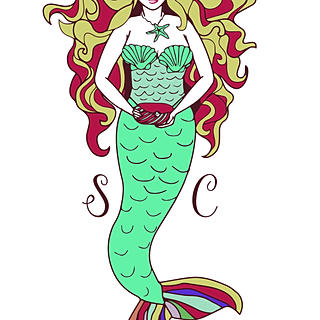My experience with “Cancel Culture”, Part 7 – How I got canceled: They use your decency against you
- Bill Holmes
- Nov 28, 2020
- 3 min read

“A campaign ought to demonstrate the basic human decency of the candidate. That means your First Amendment rights end at the tip of your opponent's nose - even in the matter of political rhetoric.” Mike Pence
“It is inaccurate to say that I hate everything. I am strongly in favor of common sense, common honesty, and common decency. This makes me forever ineligible for public office.” H. L. Mencken
Cancel culture is part of our society now.
You can’t just disagree with someone; you must destroy them. A friend and I were canceled from a nonprofit fraternal organization, and I am sharing the process that was used. To battle something, you must first understand it. I’ll then explain what I could have done differently.
We had just attended the members meeting where many pointed questions about the board's behavior had been asked, however none were answered. The meeting had ended badly with many members shouting accusations and questions at the board, none of which were addressed.
Almost immediately after the meeting, I was approached by several members who suggested I make peace with the board. They felt that the board was angrier at my friend than me, and my membership could be salvaged if humbled myself before them. They knew that I had many friends that remained as members and that I cared deeply about the institution. They were appealing to my sense of duty and loyalty.
I told them I appreciated the information but didn’t tip my hand.
There was no decision to make. My friend was ethical and had contributed greatly to the organization, and I would never turn my back on a friend for political gain. Furthermore, several members of the board were completely amoral, and I had personally witnessed them lie, alter “evidence”, and even engage in potentially unlawful behavior.
Why would I want to be a part of that?
I prepared our response. I have written many documents throughout my career, and this was some of my best work! I began with my many contributions and then dissected the “charges” against me, turning virtually every one of them back on the board. I clearly and concisely explained why almost the entire board was conflicted, and then brought my own charges against the board, specifically the leader.
At the appointed time, my wife and I went to the meeting. The entire board was seated, and interestingly everyone had their masks on. I had never seen that before, and suspected it was a ploy to intimidate me. It didn’t. I read my carefully prepared statement and my wife added devastating commentary in all the right places. Several times they attempted to interrupt me, but I would have none of it.
I asked if I was still a member in good standing and the board agreed that I was. With that confirmed, I brought my charges against the leader. It was a long list of specific and documented instances of malfeasance. Unlike the charges brought against me, I had incontrovertible evidence behind my charges, I challenged the board to act as swiftly as they did against my friend and me. Shockingly, not one person asked a single question. My wife challenged them! In the face of such overwhelming and obvious evidence of both our innocence and leaders guilt, how was it possible there were no questions?
There was one weak and off point question, but I quickly batted that aside and waited for more substance.
Nothing.
They said they would notify us of their decision. I said, “I’m holding my breath!” and we walked out.
Next, the final chapter.
Coda
Thanks to everyone who has been privately messaging me on this series! Apparently, it struck a chord with a lot of people. I am going to wrap this up by describing what happened to that organization after it removed talented people and elevated the unimpressive. That is a cautionary tale for any organization. Then I’ll describe my personal lessons learned, and there are many.









Comments